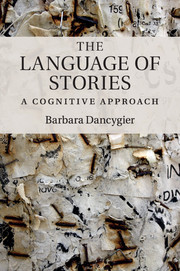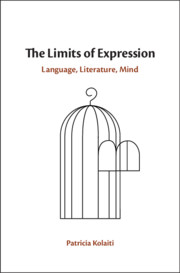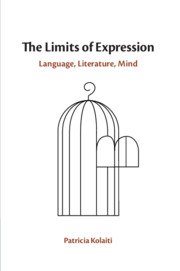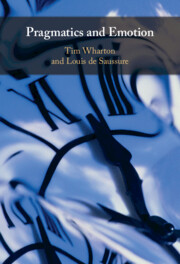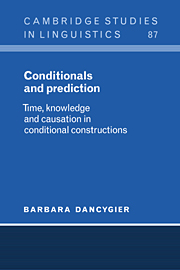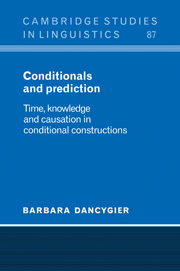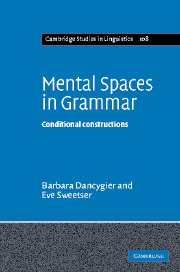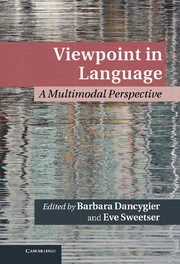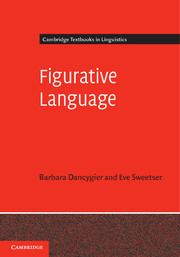The Language of Stories
How do we read stories? How do they engage our minds and create meaning? Are they a mental construct, a linguistic one or a cultural one? What is the difference between real stories and fictional ones? This book addresses such questions by describing the conceptual and linguistic underpinnings of narrative interpretation. Barbara Dancygier discusses literary texts as linguistic artifacts, describing the processes which drive the emergence of literary meaning. If a text means something to someone, she argues, there have to be linguistic phenomena that make it possible. Drawing on blending theory and construction grammar, the book focuses its linguistic lens on the concepts of the narrator and the story, and defines narrative viewpoint in a new way. The examples come from a wide spectrum of texts, primarily novels and drama, by authors such as William Shakespeare, Margaret Atwood, Philip Roth, Dave Eggers, Jan Potocki and Mikhail Bulgakov.
- A new model of the interaction between linguistics and literary studies
- Interdisciplinary treatment of the meaning and form of fictional narratives
- Framework extensively illustrated through a broad range of literary texts
Reviews & endorsements
'Drawing on key developments in cognitive linguistics, including construction grammar and blending theory, this accessible, well-organized, and richly synthetic study outlines exciting new directions for research on narrative.' David Herman, Ohio State University
'For anyone who still needs to be convinced of the rich value of the cognitive turn in arts and humanities, this book provides it. It is erudite and elegant, readable and significant, and it succeeds by the force of its argument and the texture of its analysis. It is both precise and breathtaking in its range.' Peter Stockwell, Chair in Literary Linguistics, University of Nottingham
'A brilliant and original book on language and stories as twin creations of the human mind. Dancygier elegantly offers new insights into the way we think.' Mark Turner, Institute Professor and Professor of Cognitive Science, Case Western Reserve University
'Barbara Dancygier's new approach to defining narrative viewpoint presented in her book The Language of Stories: A Cognitive Approach is very convincing and comprehensible. This book makes an important contribution to literary linguistics and at the same time outlines innovative directions for research on narrative. Dancygier's study is of interest to linguists and literary scholars, is suitable for scientists and for students. It's a remarkable and highly recommendable book.' Natalia Shchyhlevska, Language and Dialogue
'What I appreciated most in The Language of Stories [was] Dancygier's attention to small lexical and grammatical textual choices and her rigorous attempt to follow the effect of these details through to the macro-level of meaning construction.' Elke D'hoker, English Text Construction
Product details
No date availablePaperback
9781107558618
242 pages
229 × 152 × 13 mm
0.33kg
20 b/w illus.
Table of Contents
- 1. Language and literary narratives
- 2. Blending, narrative spaces, and the emergent story
- 3. Stories and their tellers
- 4. Viewpoint: representation and compression
- 5. Referential expressions and narrative spaces
- 6. Fictional minds and embodiment in drama and fiction
- 7. Spoken discourse and thought in literary discourse
- 8. Stories in the mind.

